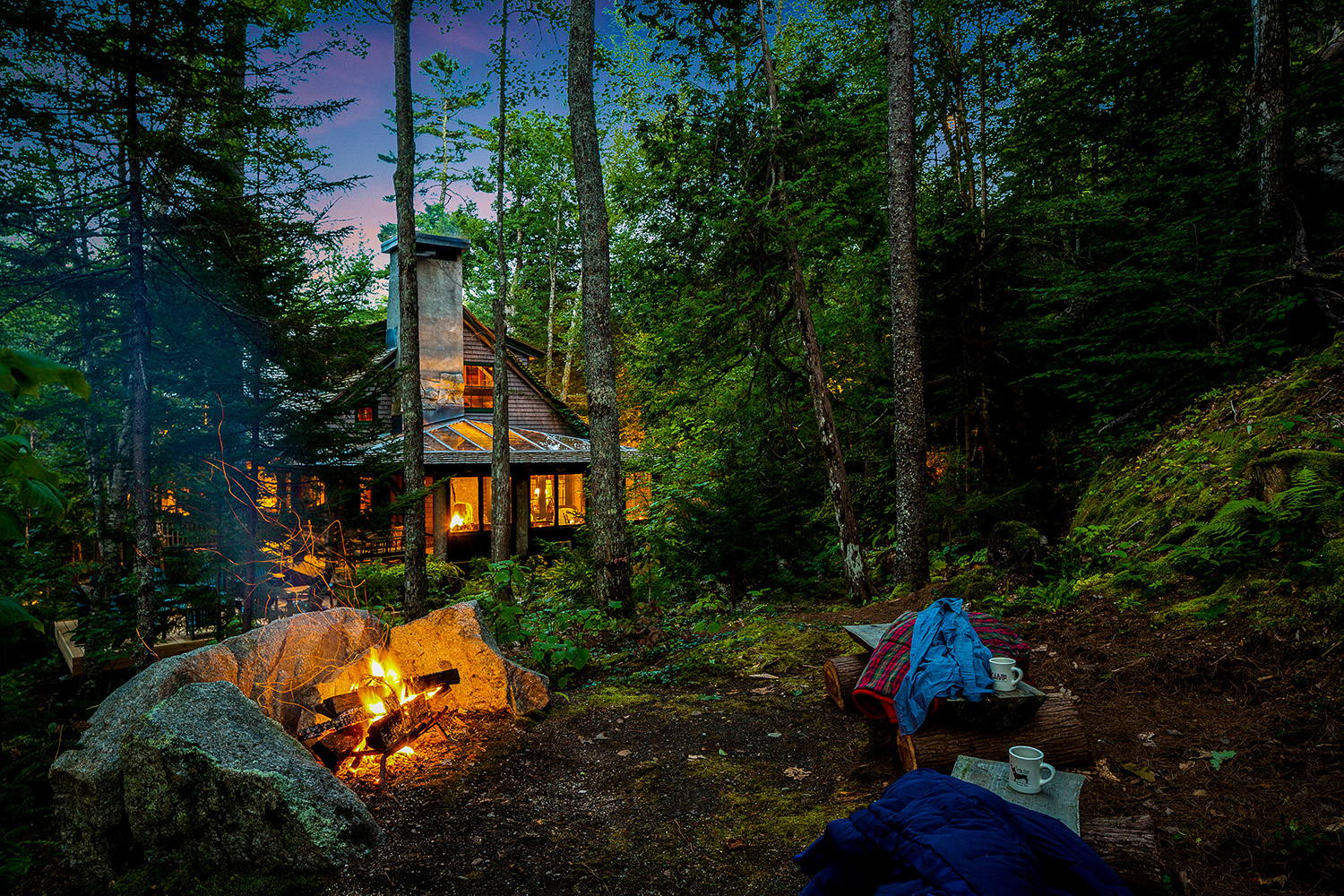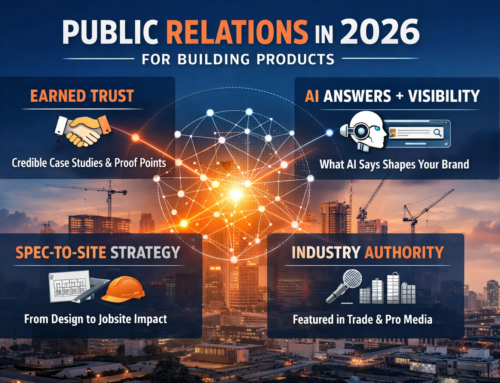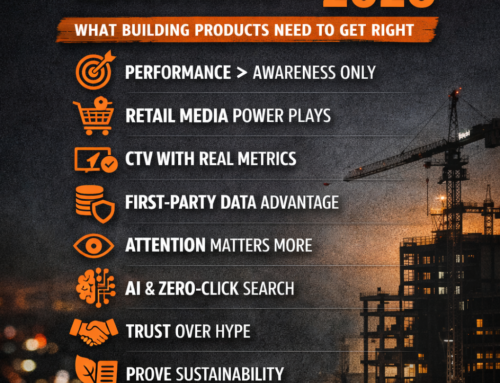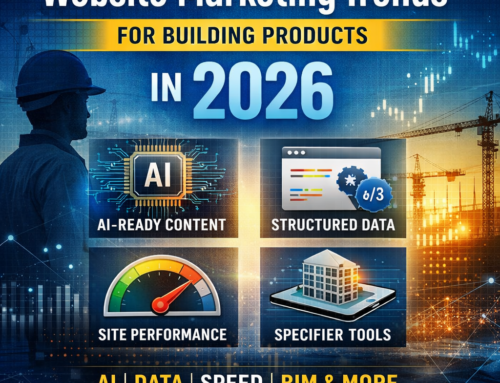The Power of Lifestyle Marketing in the Home Construction Industry
November 5, 2024
The home construction industry has traditionally been viewed through the lens of functionality, structure, and design. Builders, architects, and developers focus on creating durable, safe, and aesthetically pleasing structures. However, as consumers become more engaged with personalizing their living spaces, lifestyle marketing presents an untapped opportunity for home builders to align their brand narratives with the emotions and aspirations of modern homebuyers.
Lifestyle marketing—connecting a product or service with a specific lifestyle, values, or social identities—has proven successful across industries like fashion, automotive, and hospitality. Applying this marketing strategy to the home construction industry can create a deeper connection with clients, transforming a simple house into a cherished, personalized home. Here’s how lifestyle marketing can unlock opportunities for home construction companies and elevate their appeal to the modern consumer.
Building Emotional Connections
The decision to build a home is more than just a financial investment; it’s an emotional one. Homebuyers are not simply seeking four walls and a roof—they are looking for a space where they can build their lives, raise families, create memories, and express their personal styles. Lifestyle marketing taps into this emotional dimension, turning the home-buying process into a personal journey rather than just a transaction.
By crafting marketing campaigns that speak to the emotions associated with owning a home—such as comfort, safety, happiness, and pride—construction companies can position themselves as more than just builders. They become partners in helping customers realize their dreams of the ideal home. For instance, promoting the idea of a family-friendly space with outdoor living areas for children to play or featuring eco-friendly homes that reflect a commitment to sustainability can resonate deeply with homebuyers.
Personalization and Customization
One of the strongest trends in modern consumer behavior is the desire for customization. Customers want products and services tailored to their unique preferences, and home construction is no different. Lifestyle marketing allows builders to tap into this by offering customizable options that align with specific lifestyles.
For example, a construction company could focus on luxury homes designed for high-net-worth individuals who value privacy, security, and exclusivity. Marketing campaigns could feature lavish amenities such as home theaters, infinity pools, and high-tech home automation systems, highlighting how these features enhance the homeowner’s lifestyle. On the other hand, a company targeting eco-conscious millennials may market homes with sustainable building materials, solar power systems, and energy-efficient designs.
By aligning home designs with particular lifestyles—be it luxury, sustainability, or family-friendly environments—builders can create a more personal and meaningful connection with their target market.
The Rise of Sustainable Living
Sustainability is a key factor for many homebuyers today, particularly among younger generations. Millennials and Gen Z are increasingly concerned about climate change and are looking for ways to reduce their environmental footprint. In the home construction industry, this translates into demand for eco-friendly, energy-efficient homes.
Lifestyle marketing can help construction companies showcase their commitment to sustainability, not just through technical specifications, but by framing these homes as a way of life. By highlighting features like green building materials, energy-efficient windows, solar panels, and sustainable landscaping, companies can align their brand with a sustainable lifestyle. Imagery of families enjoying a beautiful, energy-efficient home or using solar-powered technology can make the benefits of green living more tangible and desirable.
Builders who embrace sustainability and communicate it through lifestyle marketing campaigns can tap into the growing segment of eco-conscious consumers and position themselves as leaders in the future of housing.
Digital Experience and Storytelling
In the digital age, storytelling has become a crucial element of lifestyle marketing. The home construction industry can greatly benefit from leveraging digital platforms to tell stories that connect with potential buyers on a personal level. With virtual tours, immersive 3D renderings, and augmented reality (AR) applications, potential buyers can visualize themselves living in a space before it’s even built. This not only makes the buying process more engaging but also helps create an emotional attachment to the home.
Social media platforms like Instagram and Pinterest are ideal for showcasing beautiful homes and designs while connecting with aspirational consumers. Builders can share stories of real homeowners, highlighting how they’ve tailored their homes to fit their lifestyles. Content such as time-lapse videos of the construction process, interviews with homeowners, or before-and-after stories can give potential buyers a sneak peek into their own future.
A lifestyle-based digital experience also allows construction companies to expand their reach. With targeted social media ads, email campaigns, and influencer partnerships, brands can connect with buyers who resonate with their values and aesthetic preferences, even beyond local markets.
Wellness-Oriented Living Spaces
Wellness is an increasingly important factor in consumer decision-making across all industries, and the home construction industry is no exception. The COVID-19 pandemic accelerated interest in wellness-centric living spaces, as more people seek homes that promote health, relaxation, and well-being.
Lifestyle marketing can position homes as sanctuaries of wellness. Builders can emphasize features like home gyms, meditation rooms, indoor air quality systems, natural lighting, and soundproofing as elements that contribute to a healthy, balanced lifestyle. Furthermore, smart home technologies that allow for improved control over indoor environments—like temperature, lighting, and air quality—are in high demand and can be marketed as part of a holistic wellness-oriented lifestyle.
Wellness-focused marketing campaigns not only cater to health-conscious buyers but also differentiate the builder from competitors, as wellness in home design is still an emerging trend.
Conclusion
Lifestyle marketing presents a powerful opportunity for home construction companies to engage with modern homebuyers on a deeper, more personal level. By focusing on emotions, personalization, sustainability, digital storytelling, and wellness, builders can transform their marketing strategies from being product-centered to lifestyle-centered. This approach not only helps create more meaningful connections with buyers but also positions companies as partners in helping customers build homes that reflect their dreams, values, and lifestyles. As the home construction industry evolves, lifestyle marketing will be an essential tool in building both homes and lasting relationships.
Take advantage of the industry research completed by Draper DNA as you plan for 2025. Contact Shawn Draper at Shawn@DraperDNA.com today.





